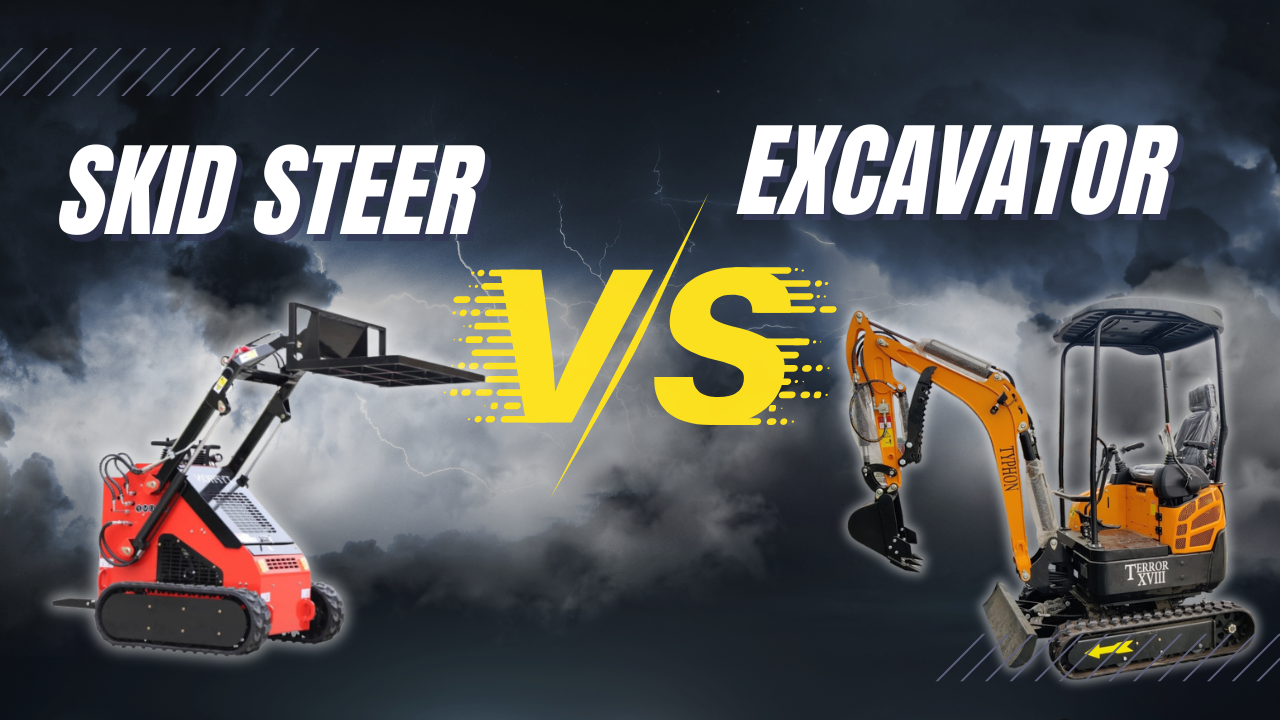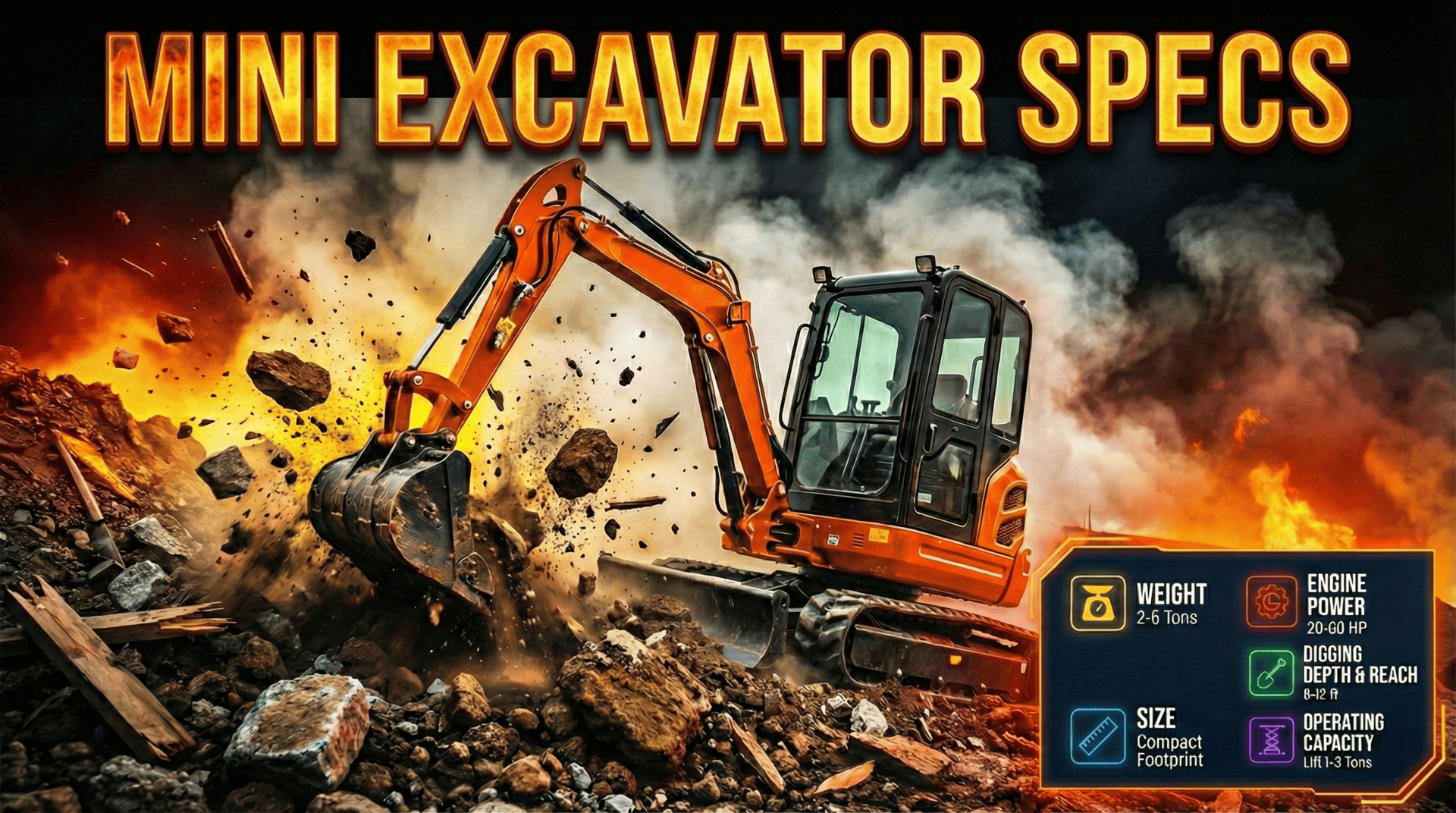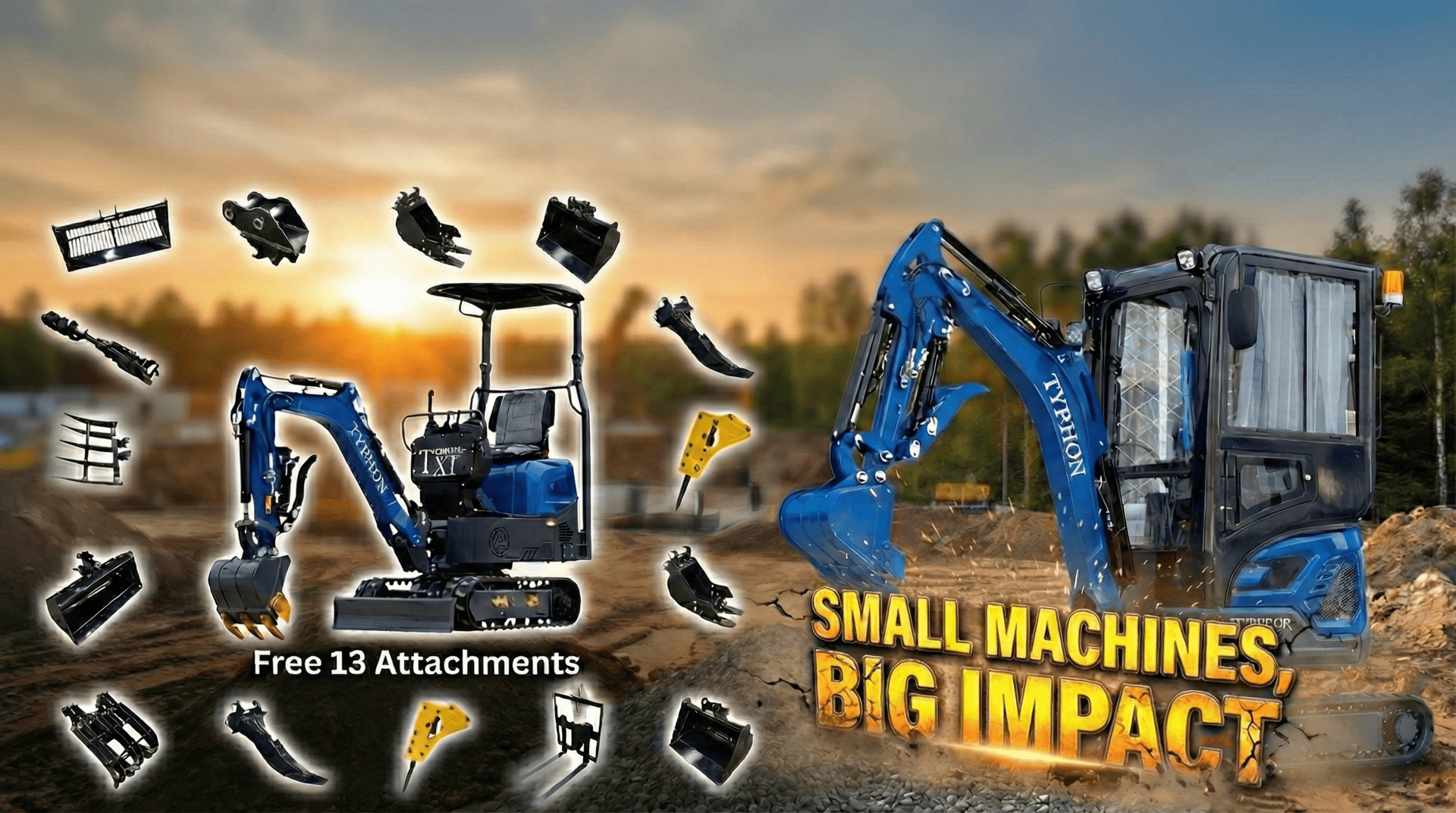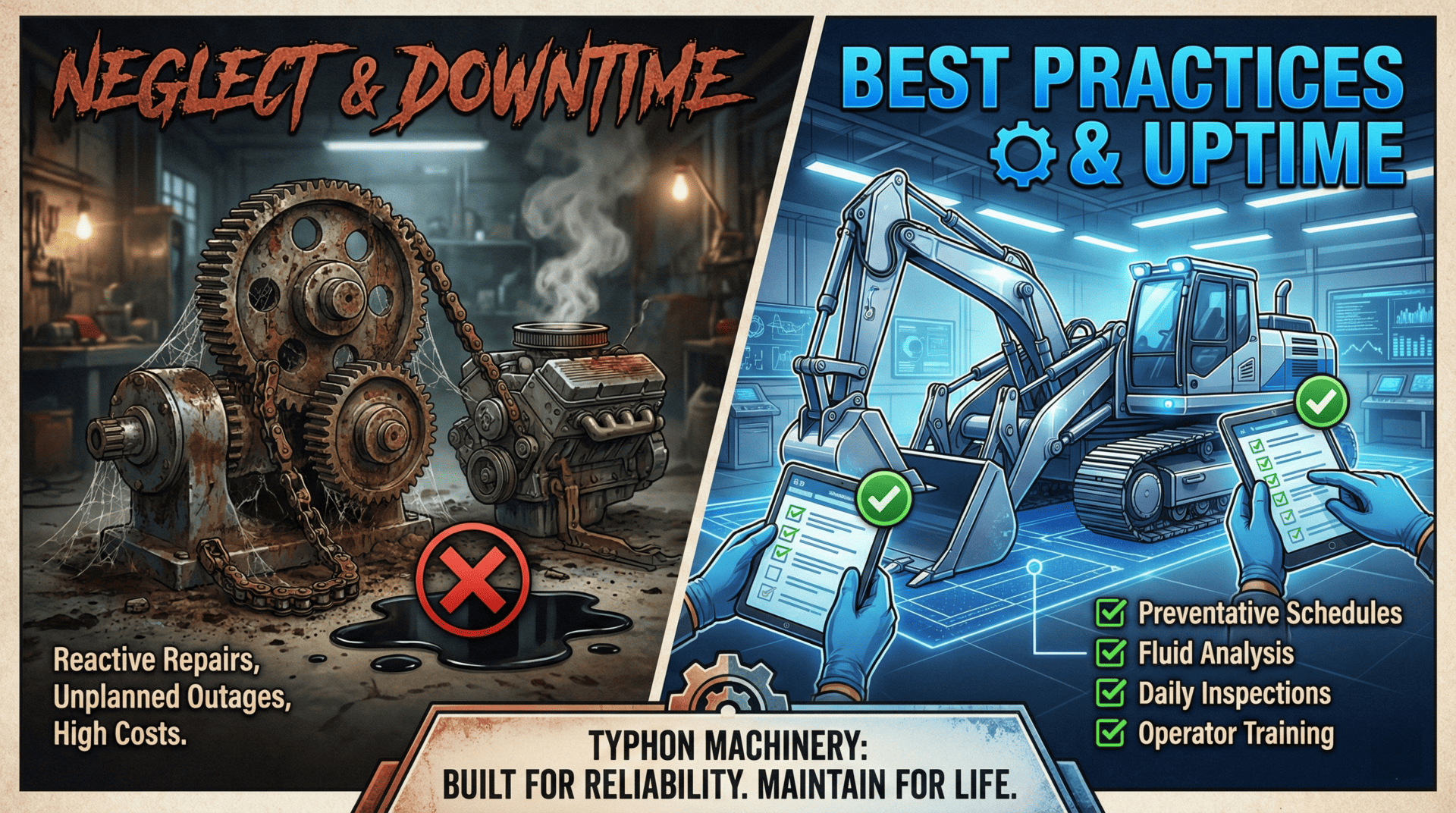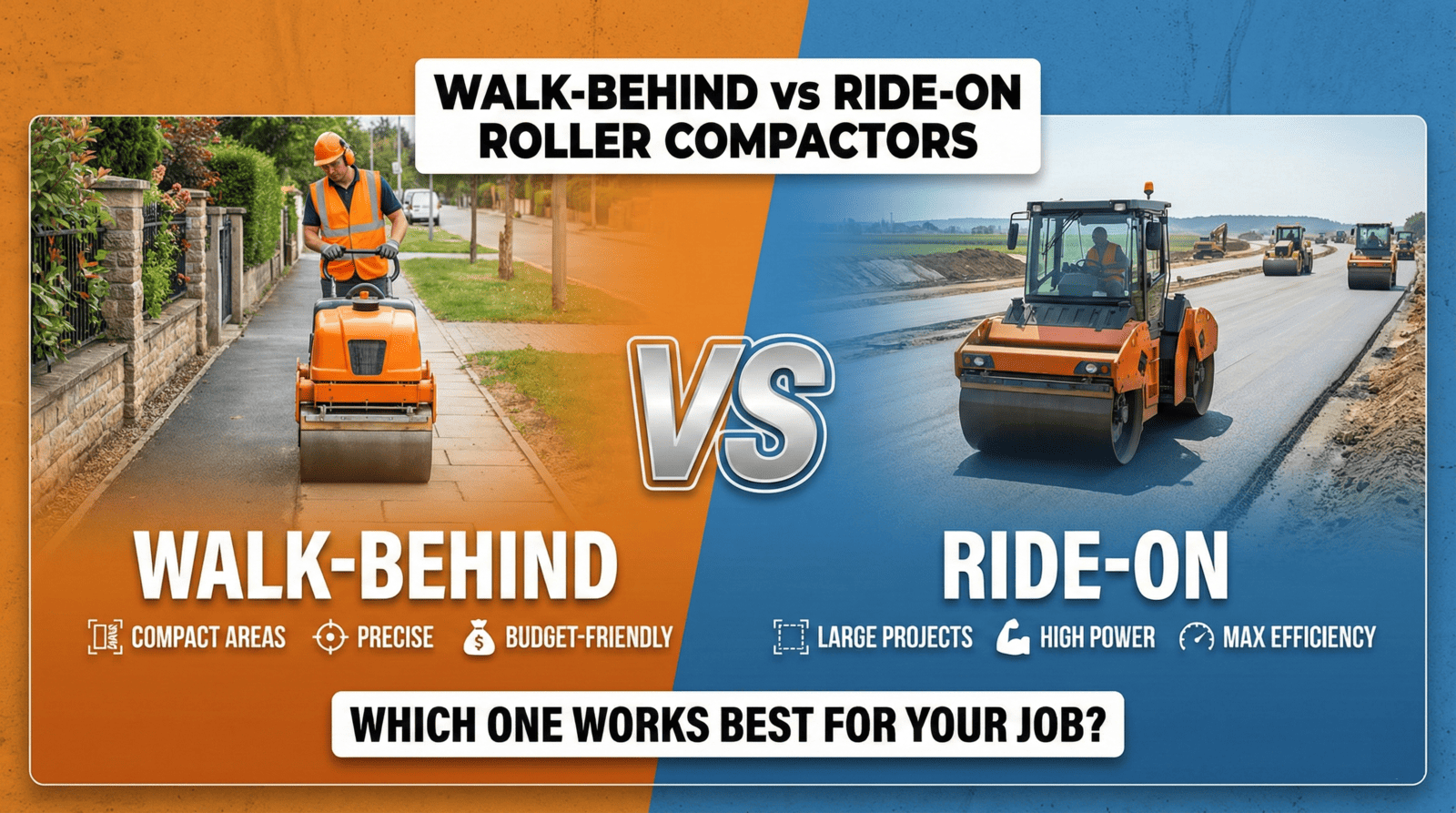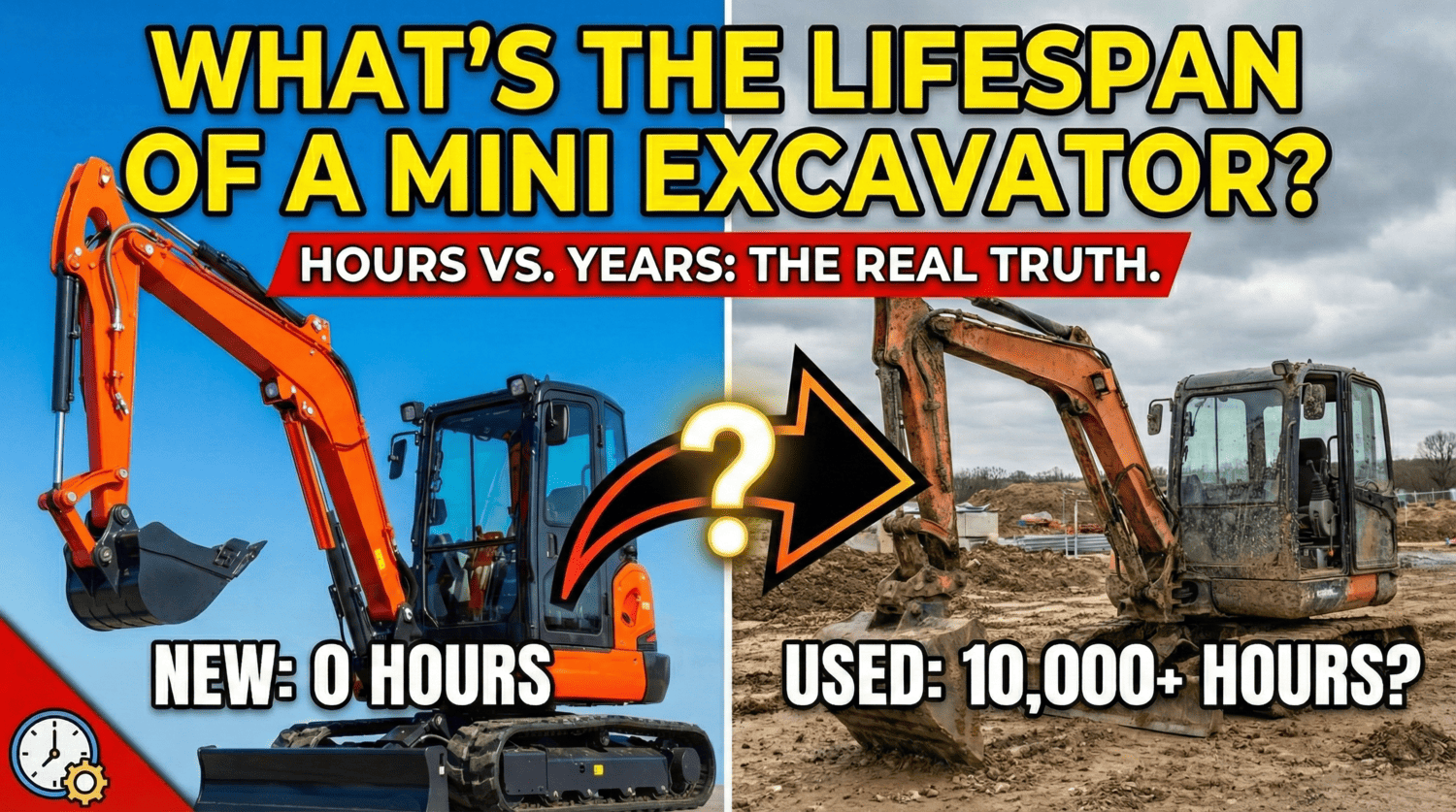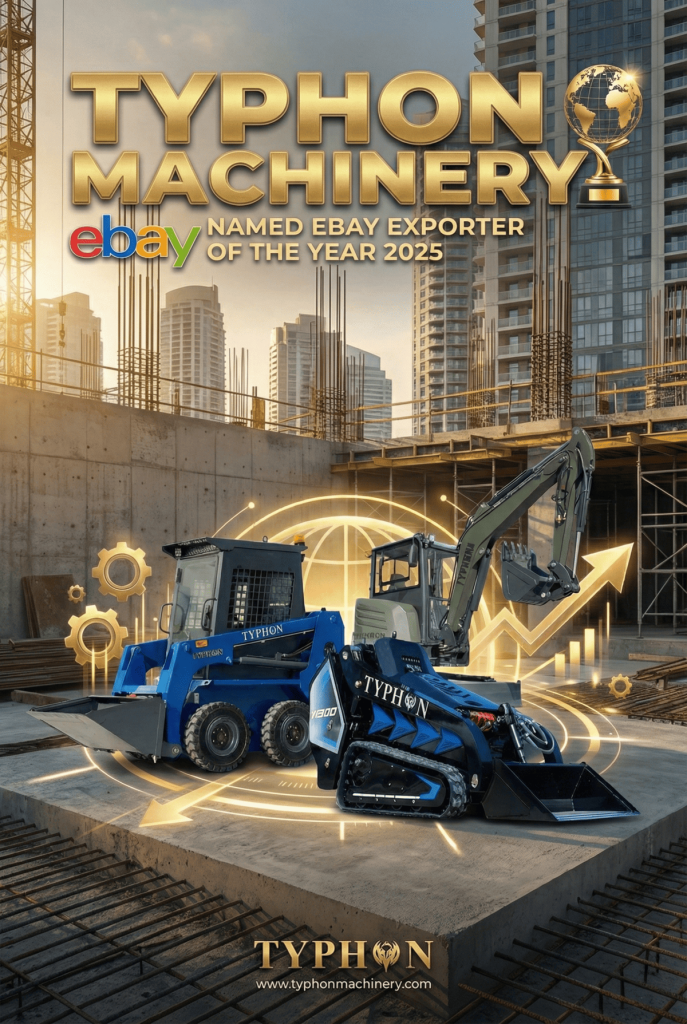Professionals and equipment operators in the busy realm of construction are always looking for tools with efficiency, power, and adaptability. Among the many tools at hand, skid steers and compact excavators are clearly essential. Still, the issue of whether to use—a skid steer or a tiny excavator—often emerges. This thorough guide will walk you through the features, advantages, and uses of every, thereby guiding your choice of which best meets your particular building requirements.
The Mighty Skid Steer: A Closer Look
Compact, strong skid steers with a special ability—their wheels can independently lock on either side, allowing them to pivot and spin with amazing accuracy—are here for jobs needing agility and dexterity in confined areas, which makes them perfect. A favorite in the building business, skid steers are flexible and can manage a range of attachments, from augers to backhoes.
Skid steers’ small size is one clear benefit since it lets them run in limited regions where more big machines would find difficulty. Their pivotability makes them particularly helpful at sites with limited area or in urban building projects. Skid steers are therefore a preferred tool for jobs including grading, demolition, and waste removal since they, along with their amazing lifting capacity, make them ideal.
Skid steers are well-known for their low cost of operation and simplicity of maintenance beyond only maneuverability. Because there are less complex parts than in bigger machines, repairs are usually simple and reasonably priced. Together with its adaptability, this dependability makes skid steers a mainstay in any building fleet.
Exploring the Mini Excavator, The Little Giant
Though small in stature, mini excavators have a great power for earthmoving and digging. Mini excavators have a boom and bucket, unlike skid steers, which let one precisely dig and trench. These machines are especially prized for their capacity to do delicate excavation jobs without significantly disturbing the surroundings.
Mini excavators’ 360-degree rotation capacity is one of their best qualities; it offers perfect flexibility on the job site. This makes them quite efficient for projects requiring regular repositioning, such as landscaping or utility installations. Mini excavators also provide better stability on uneven ground since their tracks replace their wheels.
Another reason experts gravitate toward small excavators is fuel economy. These machines are meant to run on less fuel, thereby saving money over time even with their great capability. Their small weight and frame also make it simple to move from one place to another, thereby guaranteeing their readiness to meet any obstacle.
Skid Steers vs. Mini Excavators A Comprehensive Comparison
In head-to-head performance, both skid steers and small excavators have advantages. For jobs requiring fast motions and flexibility, including loading goods or clearing snow, skid steers thrive. Conversely, tiny excavators shine at digging foundations or installing septic tanks, two jobs requiring accuracy and depth.
Another important difference is maneuverability. Because of their articulated arm and bucket mechanism, mini excavators give more reach and flexibility, even if skid steers have considerable turning ability. This makes skid steers more appropriate for work requiring frequent direction changes; small excavators are more suited for projects involving trenching.
Furthermore, very important in the decision-making process are financial factors. Smaller businesses would find skid steers a more affordable choice as they often have fewer maintenance costs and price tags. Though perhaps more costly initially, mini excavators have value based on their specific features and fuel economy.
Real-World Applications Where Each Shines
In the ever-changing construction industry, both skid steers and compact excavators find their place in several uses. Often spotted flitting around building sites, skid steers quickly move goods and clean trash. They are also somewhat frequent in landscaping work since their capacity to slope surfaces and move dirt is quite helpful.
Mini excavators are often used in utility and plumbing projects since of their exact digging capacity. Their small scale lets them fit in tight areas, which makes them perfect for residential building and urban projects. Mini excavators are also rather important for roadwork and repair since their efficiency and agility help to guarantee better operations.
Skid steers fitted with specific accessories can effectively demolish buildings and clean debris for demolition jobs. On the other hand, small excavators are skilled in removing tree stumps and doing delicate groundwork around existing buildings, therefore reducing disturbance and optimizing output.
Factors to Consider When Choosing Your Heavy Machinery
Choosing the correct tools for your building project calls for careful evaluation of several criteria. First and most importantly, go through the nature of the current work. Should your project require significant trenching and excavation, a small excavator could be the best fit. A skid steer would be more suited for tasks needing regular material handling and flexibility.
Review the ground and surroundings from which you will be working. The steadiness and mobility of a small excavator can be helpful if your location involves negotiating confined areas or has uneven ground. If speed and flexibility are top priorities, though, a skid steer might provide the agility required.
One more important factor is financial restrictions. Although skid steers offer reasonably priced solutions for a variety of jobs, micro excavators have specific strengths. Evaluate the financial extent of your project and choose a machine that fits your budget most closely.
Concluding Thoughts on Choosing Your Equipment
In the realm of building, choosing the correct tools could make all the difference in the viability of a project. Both skid steers and compact excavators have special advantages that fit distinct needs and preferences in the sector. Understanding their characteristics, advantages, and uses will help building experts make wise judgments, improving effectiveness and output on the project site.
In the end, the particular needs of your project determine which of a skid steer or a tiny excavator is most appropriate. Considering performance, maneuverability, and pricing will help you to boldly choose the tool that fits your objectives. Equipped with this information, you can confidently and precisely handle your next building project.

